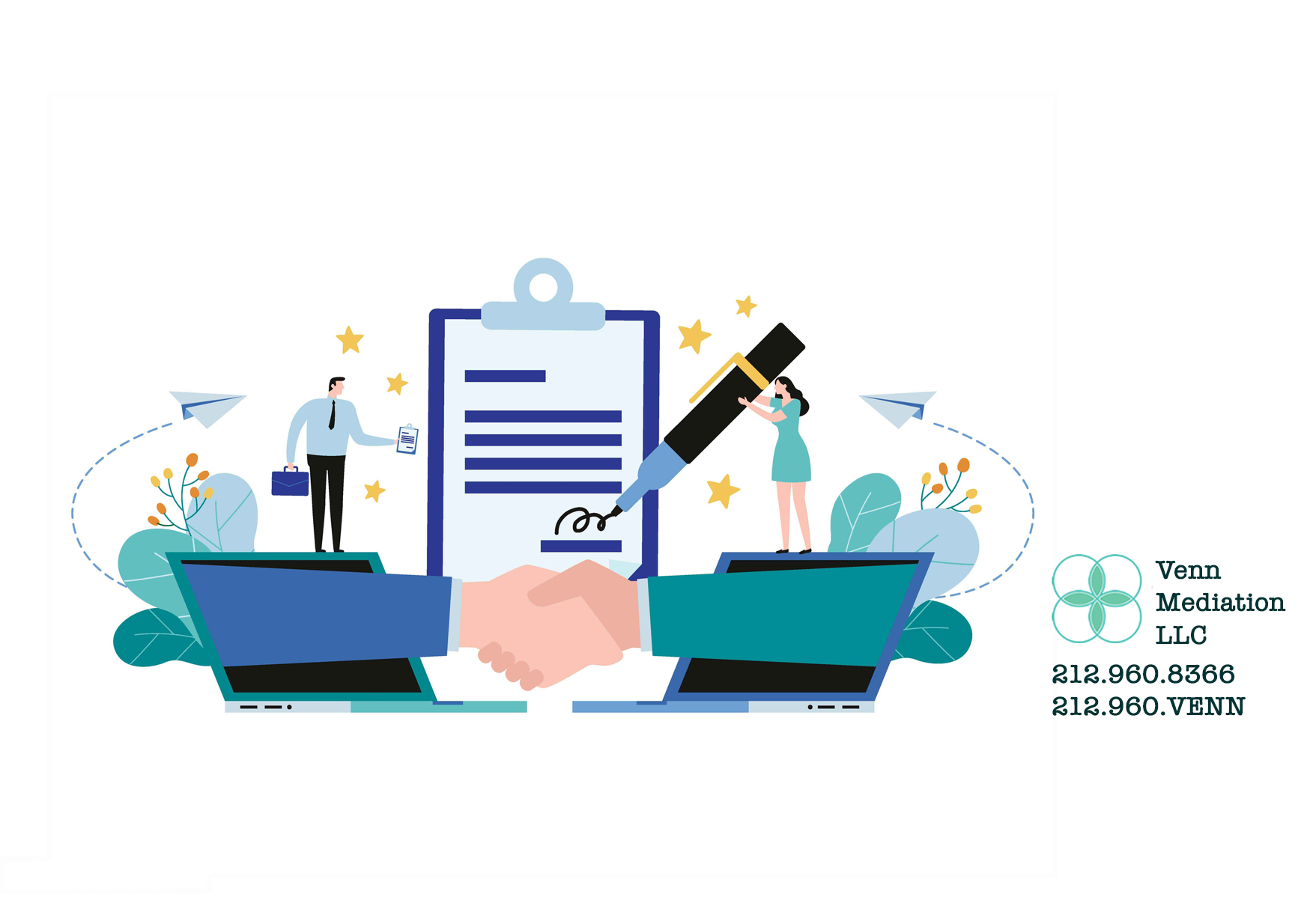Confidentiality - What happens in Mediation Stays in Mediation

Confidentiality - What happens in Mediation Stays in Mediation
Confidentiality is central to the mediation process, but it’s scope and limitations can sometimes be unclear. Private mediators and non-profits can operate by different confidentiality rules and the nuances are important for people considering alternatives to costly litigation. Good mediators walk participants through how their conversations are protected - and what, if anything, wouldn’t be confidential. And once parties can be sure they are protected, they can be more comfortable sharing the kinds of information that create great resolutions that once seemed impossible.
By Ehsan Ali and Alnoor Maherali
In every mediation process the parties are told, “Mediation is confidential.” But what exactly does that mean? And are there limits to confidentiality in mediation?
Confidentiality is a core value of mediation – and is widely understood to be necessary to allow the process to work. The idea that what is shared will not be exposed or taken advantage of outside the session is what allows openness from people who would otherwise feel they have to keep sensitive information to themselves. And people who feel free to share sensitive information in mediation can find themselves achieving better deals and resolving seemingly impossible disagreements.
Because of the centrality of confidentiality to the mediation process, good mediators will walk potential clients through what is covered by confidentiality and the specifics of how they ensure that their sessions remain private. It is for this reason that almost any formal mediation process starts with getting the consent of parties to mediate and an agreement of confidentiality, both in writing.
Volunteer mediators operating through accredited community organizations can have confidentiality defined for them and protected explicitly by statute. Community dispute resolution centers (CDRCs) in New York State are covered by law that holds their volunteer mediators to an obligation of confidentiality and protects them from being subpoenaed – ordered by a court to testify or turn over documents - as to what they heard in the session. Though there are explicit statutory exceptions to that obligation of confidentiality (e.g., regarding child abuse), overall, the scope of confidentiality is fairly clear when working with a CDRC center.
The matter becomes slightly trickier when it comes to mediators operating in private practice. Depending on the jurisdiction, there may or may not be specific legal protection for mediator confidentiality. In these cases, good mediators build explicit confidentiality protections into the agreement to mediate. This can include disincentives to those seeking to force a mediator to testify in court about the substance of the mediation.
In both community and private practice, mediator’s also use caucusing – private meetings between the mediator and the individual parties. In these situations, confidentiality takes on another dimension. Meaning what a party says to the mediator within the caucus will not be divulged to the other party, unless the party who shared the information with the mediator specifically requests or allows that information to be shared. Caucuses can be an effective tool for getting past roadblocks due to the added layer of confidentiality.
As a final measure of protection, most mediators have a standard document destruction policy which helps avoid having their older records subpoenaed. Notifying the parties that all documents except final agreements and matter-initiation paperwork will be destroyed can go a long way towards discouraging parties from seeking to subvert confidentiality.
Ultimately a party should feel completely comfortable and understand how the mediation process protects any private information. And a good mediator – like those you’ll find at Venn Mediation - spell out the steps taken to ensure confidentiality and are able to clearly define the limits of that confidentiality.
If you or someone you know is stuck in conflict, consider reaching out to Venn Mediation. From situations that are in their initial stages to those already in the legal process, Venn assists our clients to find settlement terms and deals that work for them. We are based in New York but are experienced in online mediation and can work with people anywhere. Disputes can be difficult, but dispute resolution doesn’t have to be. We would love to help.
Contact Us
Questions? Comments? Call today at (212) 960-8366 or fill out the form below:


